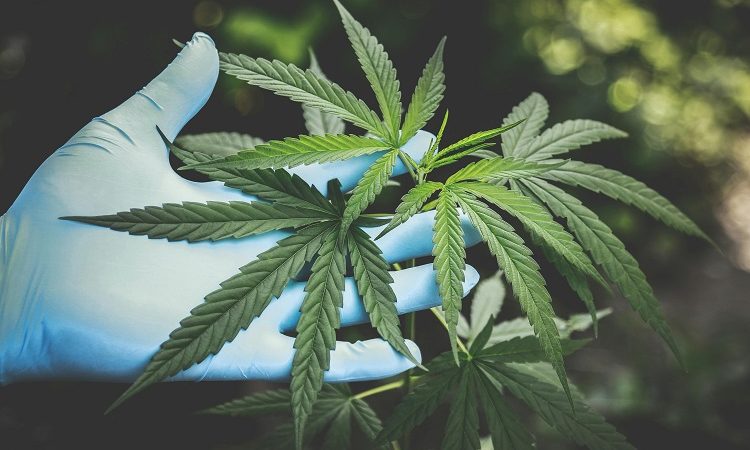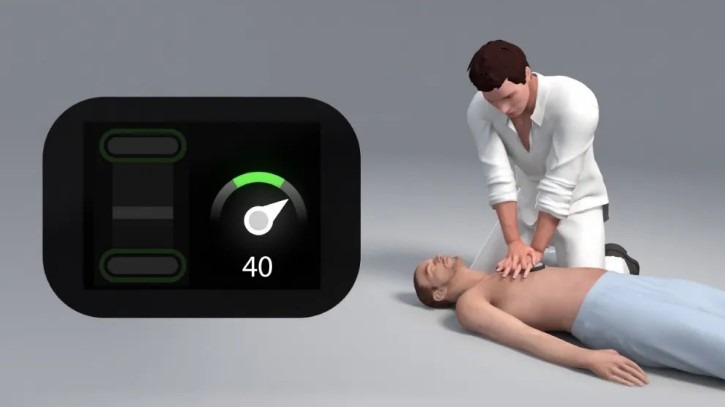Anxiety: signs, symptoms, and treatments

Your body’s innate reaction to stress is known as anxiety. It’s a sense of dread or foreboding for what’s to come. Most people are afraid and anxious on the first day of school, going to a work interview, or delivering a speech. it is completely natural and there’s nothing to worry about. It’s a normal part of life to experience anxiety occasionally.
However, you can feel chronic, almost uncontrollable, and crippling anxiety. It can be crippling if you have an overwhelming, pathological fear of ordinary circumstances. Anxiety disorder occurs as anxiety interferes with normal lives. In that case, you need to visit a therapist.
An anxiety therapist treats various anxiety disorders. When you visit such a person, he/she may help you out with your anxiety problem and help you get rid of your anxiety disorders.
What are anxiety disorders?
The word “anxiety disorder” represents a group of medical conditions characterized by excessive panic or concern. Anxiety disorders are real clinical disorders, similar to any other physical disorder like heart disease or diabetes. In the United States, anxiety disorders are the most prevalent and persistent psychiatric disorders.
Types of anxiety disorders
Anxiety is a real mental disorder and can be of different types depending upon the situation. It means that it is a key of different mental disorders such as:
- Generalized anxiety disorder GAD: It is caused by intense and constant fear or worry over a variety of issues. People with GAD often have hard time controlling their anxiety. They can be too concerned with current affairs or predict the worse even though there is no need to be concerned.
- Panic disorder: It means a person is having panic attacks at inconvenient times on a regular basis. An individual suffering from panic disorder could live in constant fear of having another panic attack.
- Phobia: A phobia is an intense and unnecessary fear response. When you encounter the root of your anxiety if you have a phobia, you may feel a strong sense of apprehension or panic. A fear of a certain location, circumstance, or entity may exist. A phobia, unlike GAD, is normally linked to something particular.
- Social anxiety disorder: If in social environments, a person has a severe fear of being judged by someone ,he may have this disorder.
- Obsessive compulsive disorder OCD: It is a long-term behavioral health disease marked by obsessions that contribute to compulsive habits.
- Separation anxiety disorder: It is a situation in which a person is overly concerned about being separated from their home and/or individuals with whom they have a close emotional bond.
- Hypochondria (illness anxiety):It is an excessive and intense fear of developing a critical medical problem. It’s also known as disease paranoia, and it used to be known as hypochondria. A person’s imagination of physical signs of disease characterizes this disorder.
- Post traumatic stress disorder (PTSD): It is a mental health condition that develops following a traumatic experience. There may be an actual or potential risk of injuries or death during the incident.
Symptoms of anxiety:
The below are some of the signs and symptoms of general anxiety:
- a faster heartbeat
- breathing quickly
- discontentment
- unable to concentrate
- Had trouble sleeping
- extreme tiredness
- fear and guilt emotions
- Isolation thoughts
It is not necessary for everyone having anxiety disorder to encounter such symptoms as they can be different for everyone.
Treatments of Anxiety
If you find any of the above conditions within yourself for more than six month , you should immediately consult a therapist so that the conditions may not get worse. An anxiety therapist treats anxiety disorders and can deal with you according to your condition. An anxiety therapist can help you to adapt a better lifestyle to get rid of your anxiety and can help you in choosing different exercises or activities by which you can control your anxiety. Another thing you can do is medication. Antidepressants and sedatives are popular medications used to relieve anxiety. They aim to restore brain chemistry, prevent anxiety attacks, and alleviate the disorder’s most serious effects.





